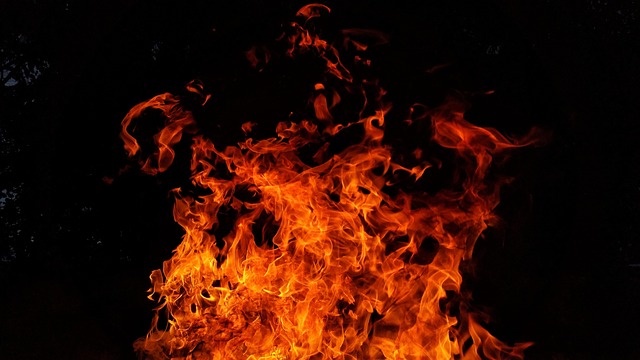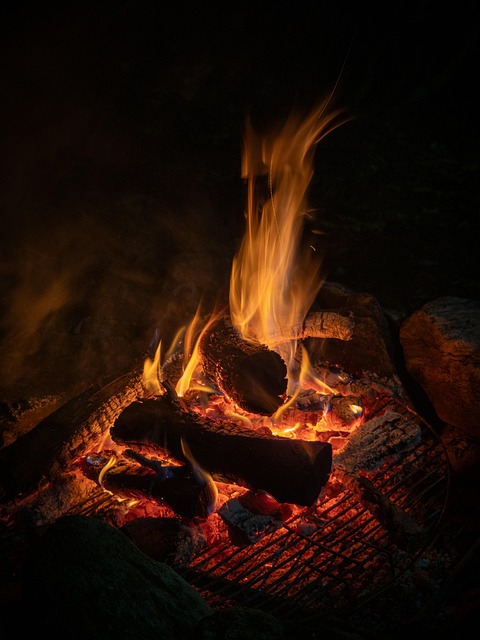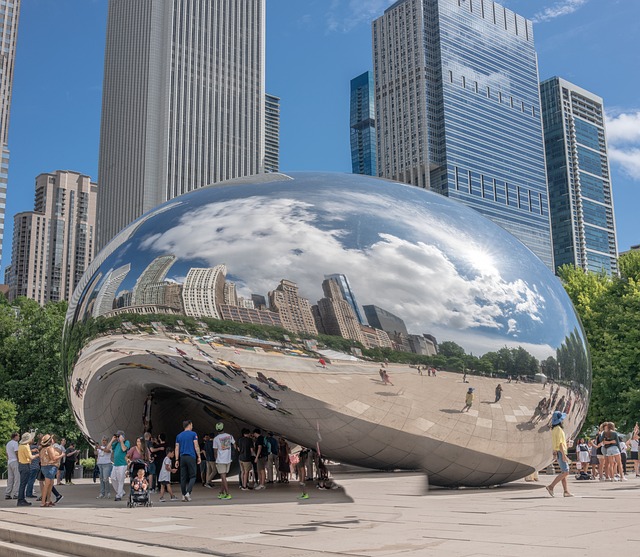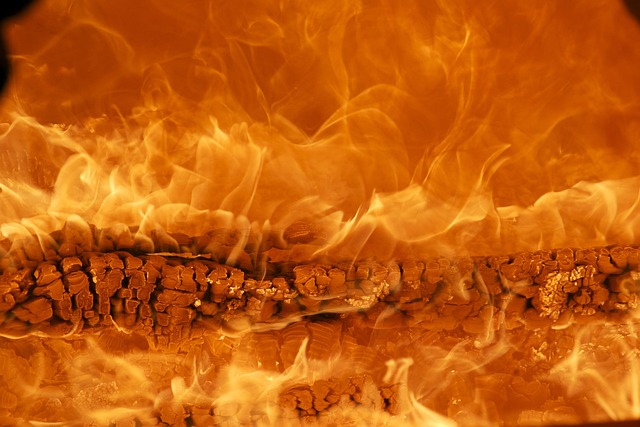Selling a house with fire damage in Chicago involves navigating complex legal, repair, and marketing considerations. Distressed property sales offer investors opportunities to buy at discounted prices and flip homes, but require strategic planning, professional assistance, and adherence to Illinois regulations. Homeowners should assess structural integrity, manage hazardous materials, and market renovation potential to attract buyers in a competitive market. Engaging experts can streamline the process, ensuring fairness, safety, and profitable sales.
“In Illinois, particularly within the bustling city of Chicago, distressed property sales present unique opportunities and challenges. This article delves into the intricate world of these sales, focusing on fire-damaged properties as a prevalent distressor. We explore the legal and regulatory landscape governing the sale of such damaged assets, offering insights into the process specific to Chicago. Furthermore, it provides strategies for maximizing returns, guiding investors through the intricacies of buying a selling house with fire damage in Chicago.”
- Understanding Distressed Property Sales in Illinois
- Fire Damage as a Common Distressor: The Chicago Scenario
- Legal and Regulatory Framework for Selling Damaged Properties
- The Process of Selling a House with Fire Damage in Chicago
- Strategies for Maximizing Returns on Distressed Real Estate Sales
Understanding Distressed Property Sales in Illinois
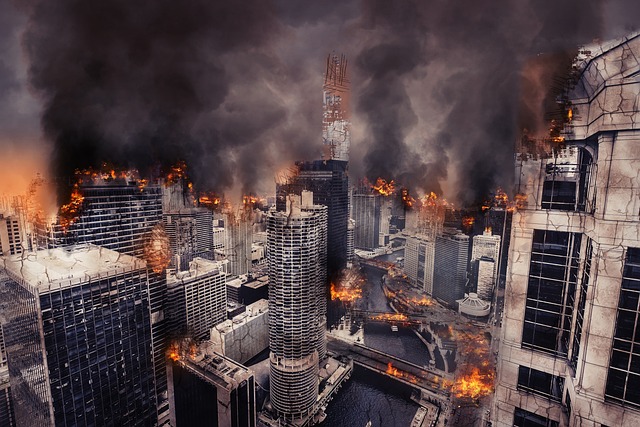
Distressed property sales in Illinois, particularly in areas like Chicago, refer to the process of buying and selling homes that have suffered significant damage or are in foreclosure. One common scenario is a selling house with fire damage Chicago, where owners may be forced to sell quickly due to financial strain or insurance issues. These properties often require substantial repairs, making them less appealing to traditional homebuyers.
However, distressed sales can also present opportunities for savvy investors looking to renovate and flip homes. In Chicago, where the real estate market is dynamic, fire-damaged properties might be acquired at discounted prices during the foreclosure process. Understanding these sales requires knowledge of local laws, the foreclosure timeline, and potential costs associated with repairing such homes.
Fire Damage as a Common Distressor: The Chicago Scenario
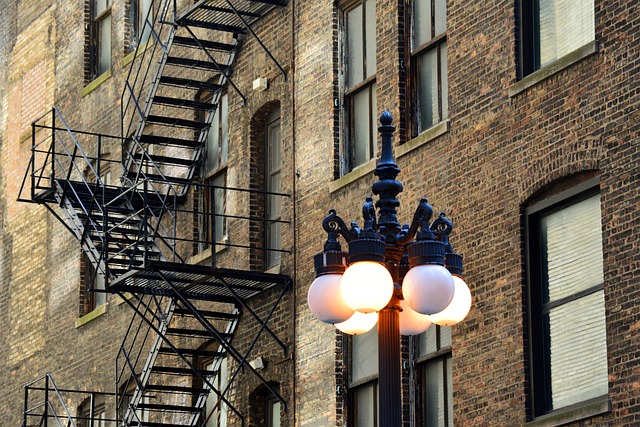
In Illinois, particularly in the bustling city of Chicago, fire damage is a significant distressor that often leads to distressed property sales. Chicago’s dense urban landscape and historic buildings make it prone to fires, with structural damage being a common outcome. This can range from minor smoke and soot damage to complete structural collapse, impacting both residential and commercial properties.
Selling a house with fire damage in Chicago presents unique challenges. Homeowners often face the daunting task of navigating complex repairs while dealing with emotional trauma. The process involves assessing structural integrity, mitigating health risks associated with asbestos or lead, and potentially seeking specialized contractors for restoration. Effective marketing strategies, such as highlighting the potential for renovation projects, can attract buyers willing to embrace the challenge, contributing to a vibrant real estate market despite these setbacks.
Legal and Regulatory Framework for Selling Damaged Properties

In Illinois, the legal and regulatory framework for selling distressed properties, particularly homes with fire damage in Chicago, is well-defined to protect both buyers and sellers. The state has established clear guidelines on disclosure, repair standards, and zoning regulations that must be adhered to during such transactions. Sellers are legally required to disclose any known defects or damages, including fire-related issues, to potential buyers to ensure transparency.
For a selling house with fire damage Chicago, it’s crucial to understand local building codes and safety standards. Repairs must comply with these regulations to ensure the property meets acceptable safety and structural integrity requirements. The Illinois Department of Professional Regulation oversees construction and real estate practices, providing resources and guidelines for both parties involved in these transactions. This regulatory framework aims to create a fair market environment while addressing the unique challenges associated with distressed properties.
The Process of Selling a House with Fire Damage in Chicago

Selling a house with fire damage in Chicago involves several key steps, each requiring careful consideration and often expert guidance. The process begins with assessing the extent of the damage. Homeowners should hire licensed professionals to inspect the property and provide an accurate estimate of repair costs. This is crucial for setting a realistic asking price that reflects both the market value of the land and the necessary renovations.
Once the assessment is complete, homeowners can start preparing their home for sale. This may include filing insurance claims, obtaining necessary permits for repairs, and ensuring all safety hazards are addressed. Professionals in real estate, like fire damage restoration experts or experienced agents specializing in distressed properties, can offer invaluable support throughout this process. They can help navigate legal requirements, market the property effectively, and ultimately secure a sale that maximizes return on investment.
Strategies for Maximizing Returns on Distressed Real Estate Sales
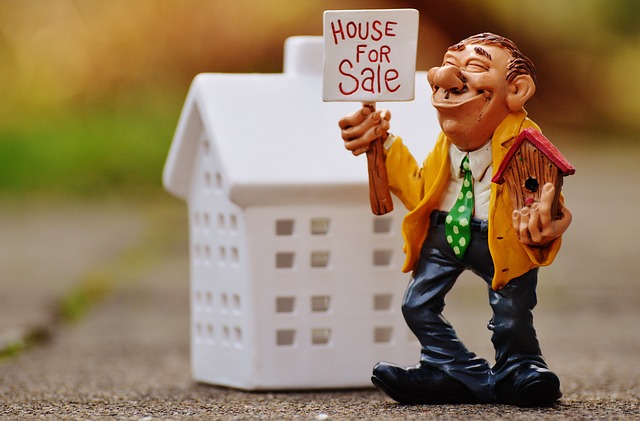
When considering a distressed property sale in Illinois, especially in Chicago where homes with fire damage are common, understanding strategies to maximize returns is key. One effective approach involves thorough inspection and repair prioritization. Evaluating the extent of damage from fires can be complex; professional assessors can help identify structural integrity issues, aesthetic repairs needed, and potential hazards. Focusing on repairs that enhance curb appeal and address safety concerns can significantly impact the property’s market value.
Marketing is another crucial aspect. Highlighting the unique features or potential for renovation attracts buyers who appreciate opportunities. Utilizing digital platforms, such as specialized real estate websites, to showcase before-and-after scenarios of similar properties successfully sold can generate interest. Additionally, engaging with local real estate communities and connecting with investors interested in distressed sales can expedite the process and potentially yield higher returns.
Distressed property sales, particularly those involving fire-damaged homes in Chicago, present unique challenges and opportunities. Understanding the legal framework and strategies for maximizing returns is key to navigating this market effectively. By recognizing the common distressors like fire damage and adopting innovative approaches, investors can navigate these sales successfully, contributing to a revitalized Illinois real estate landscape while offering solutions for property owners facing difficult circumstances. For those looking to sell their house with fire damage in Chicago, knowledge and strategic planning are essential tools to achieve favorable outcomes.


